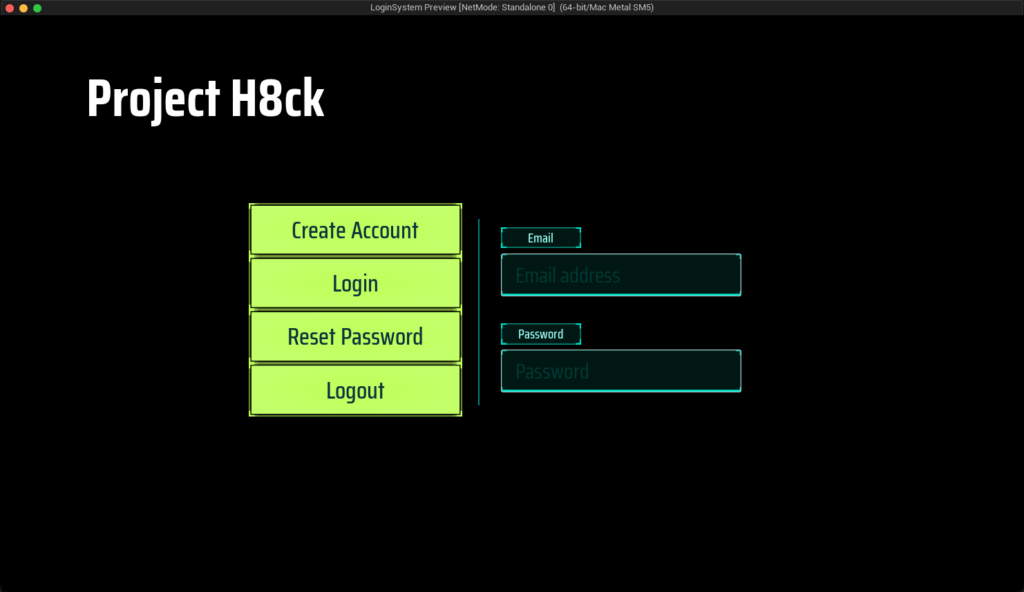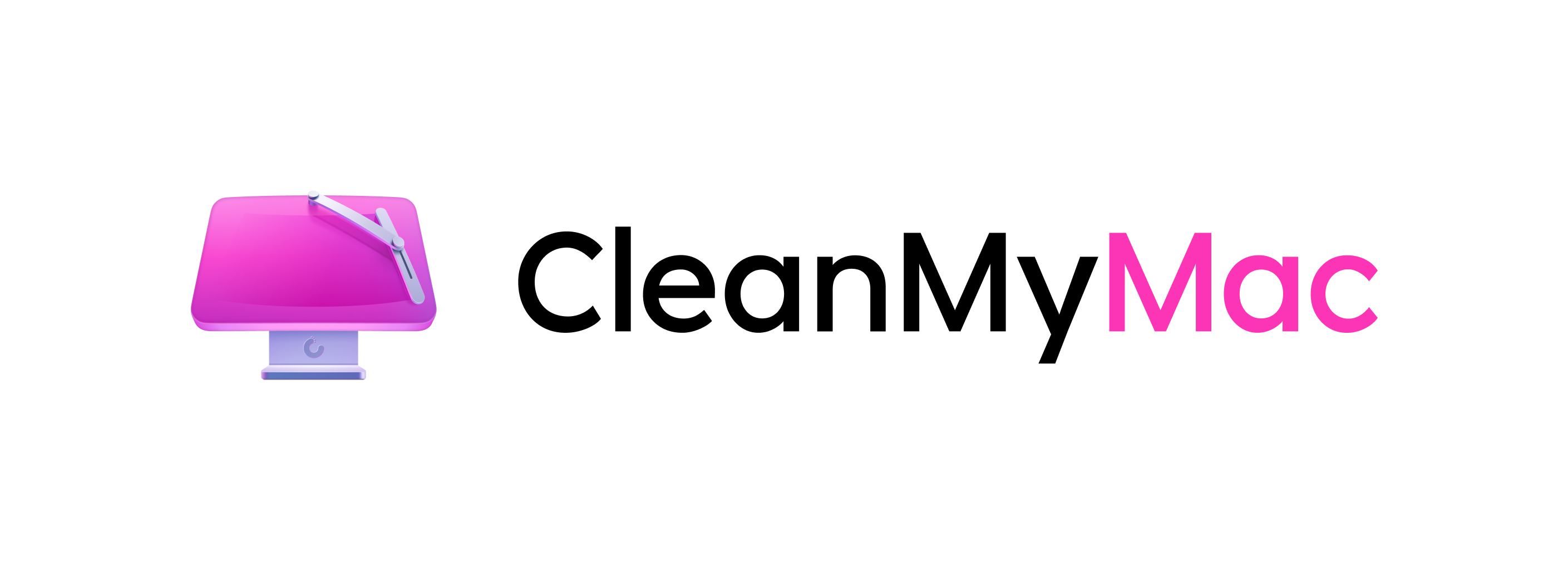
· 3 min read
Indie game Project Hack - Convergence
After I completed the early proof of concept beta version of Project Hack, I knew I wanted to take time and step back to learn from everything I had done and the feedback I received. Plus, plan the multiplayer aspect.
After I completed the early proof of concept and the single-player beta version of my indie game Project Hack, I knew I wanted to take time and step back to learn from everything I had done and the feedback I received. Thanks for that, everyone, by the way.
Admittedly, it took longer than I planned to return to this project. I ended up releasing a whole other game first.
Say hello to Endless Hurdles for iOS. Two other events have been added to the game as well.
Now that I have taken care of that game and hopefully, folks are enjoying both the game and the Christmas event, I can return to Project Hack.
What has happened since the last public beta
Some major decisions have been made with the game based on the single-player beta. Here’s a quick list.
There are more deep-dive discussions in future posts on the list, so if you are interested in game-making and the process of decisions, you’ll love those.
I switched from Unity to Unreal Engine 5 after trying several different engines (and it was during all the Unity licensing nonsense).
It was determined that a player needs to create a login to be part of the online multiplayer experience.
I Learned what worked and what didn’t from a player’s perspective.
I tried several solutions for cross-platform multiplayer experience before settling on one.
I also realized there is an opportunity for a more extensive game experience than I originally planned, which is excellent. I love games that grow over time as much as anyone else.
What is happening now?
Great question. A lot is going on. I have built the player account creation and login/management screens to test how I want it to work.
It sounds simple, but in reality, it isn’t straightforward.
I had to find a way for different platforms to support the same player on multiple machines and allow for simultaneous cross-play.
After trying the services offered by many game engines and finding reasons they did not work or seemed expensive (assuming the game becomes popular), I decided to go with Firebase.
This game concerns numbers and simple data types rather than complicated 3D environment tracking. At least, that’s the theory.
As with many new things, I start by making a prototype independent of my main project’s code base.
So now I need to merge the user system into the game I had already started building in my engine of choice for this project.
These things never go as easy as you think they will, so I’m expecting trouble.
So, folks might wonder why I did not go with Godot since I have started learning and using that engine for other projects.
Well, the simple answer is I had already started building the multiplayer version of Project Hack a long time ago during the initial single-player beta, and at that time, I had not tried Godot.
Indie Game development takes time
The simple answer is that I’m one person, and I work on this project when I’m not trying to earn a living to pay the bills.
But I have always been committed to making this game, and it has to take a back seat sometimes.
Paying the bills has to come first.
I plan to share the development process in blog posts and other media as before so you can keep up and also help guide the game’s development.
I also plan to release beta versions for folks to try and provide valuable feedback during the process so you can participate. I’ll set up a new sign-up system when the first alpha/beta comes.
You’ll automatically migrate to the new system if you already signed up as a beta tester.


